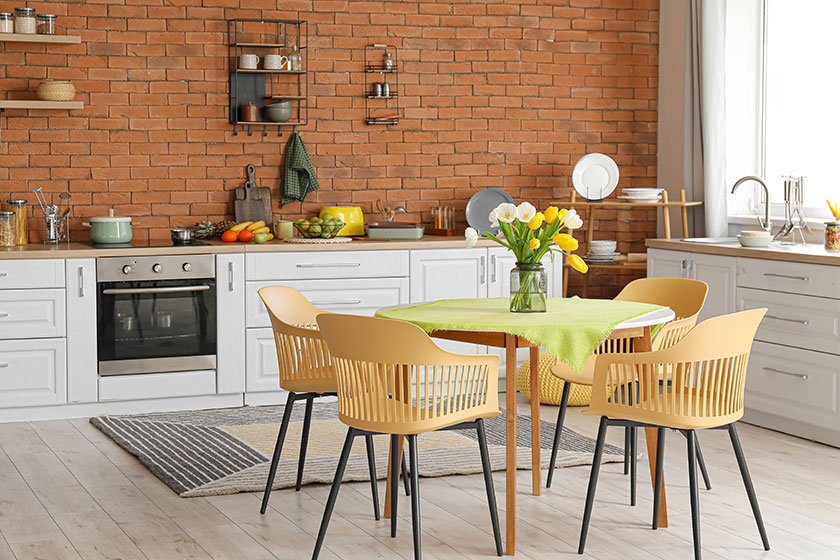For individuals living with dementia, daily tasks can become increasingly challenging. Among these, eating and dining can often present particular difficulties. In response, many memory care communities in Roanoke, TX, have tailored their environments to be dementia-friendly, especially when it comes to dining. This approach enhances comfort, dignity, and encourages healthier eating habits among residents.
A Welcoming Dining Atmosphere
Creating a welcoming dining atmosphere plays a significant role in promoting better eating habits among those with dementia. Bright, well-lit dining rooms with comfortable seating and clear, simple table settings can reduce confusion and create a calm, welcoming environment. The dining rooms are often designed with easy navigation in mind, featuring clear paths to tables, minimizing clutter and potential obstacles.
Background noise is kept to a minimum to avoid overstimulation, and pleasant, non-distracting music might be played softly to create a soothing ambiance. Decorations are typically kept simple and traditional, with the use of familiar objects and patterns to provide a recognizable and reassuring environment that can help spark memories and create a sense of security.
Menu Modifications
Menu adaptations are another important aspect of dementia-friendly dining. Many individuals with dementia struggle with cutlery or have difficulties recognizing certain foods. To address these challenges, communities often serve finger foods that are easy to handle and eat.
Menus are frequently adjusted to accommodate personal preferences, dietary restrictions, and to feature foods that may spark memories or offer comfort. Nutritional balance is a priority, ensuring residents receive a diet that supports their overall health.
Team Training and Support
Caregiver support during mealtimes is crucial in a dementia-friendly environment. Team members in these retirement communities receive training on how to patiently assist residents, knowing when to provide help, and when to step back to allow self-feeding, which promotes independence and dignity.
The team is also skilled in communication techniques, knowing how to use clear, straightforward language, and visual cues to help residents understand their options. This dedicated support ensures residents feel comfortable and relaxed during mealtimes, contributing to improved food intake and enjoyment.
Social Engagement During Mealtimes
Eating is not only a physical necessity but a social activity. Dementia can often cause feelings of isolation and disconnection. Thus, promoting social interaction during mealtimes can be beneficial.
In Roanoke’s memory care communities, communal dining is encouraged. Tables are arranged to foster conversation and connection among residents. Themed meals or special event dining experiences can add an element of excitement and enjoyment, helping residents look forward to mealtimes.
Family members are often invited to join residents for meals, maintaining familial connections and offering an opportunity for loved ones to be part of the care and support system. This engagement can greatly enhance the dining experience for residents, providing emotional comfort and reducing feelings of isolation.
The focus on creating dementia-friendly dining environments in memory care communities in Roanoke, TX, reflects the understanding that quality of life is paramount for individuals living with dementia. These tailored environments promote a sense of familiarity and ease, ensuring mealtimes are a source of comfort rather than stress.
Through welcoming atmospheres, menu modifications, team member support, and social engagement, these retirement communities provide a compassionate approach to care, allowing residents to enjoy their meals while promoting improved health and well-being.





